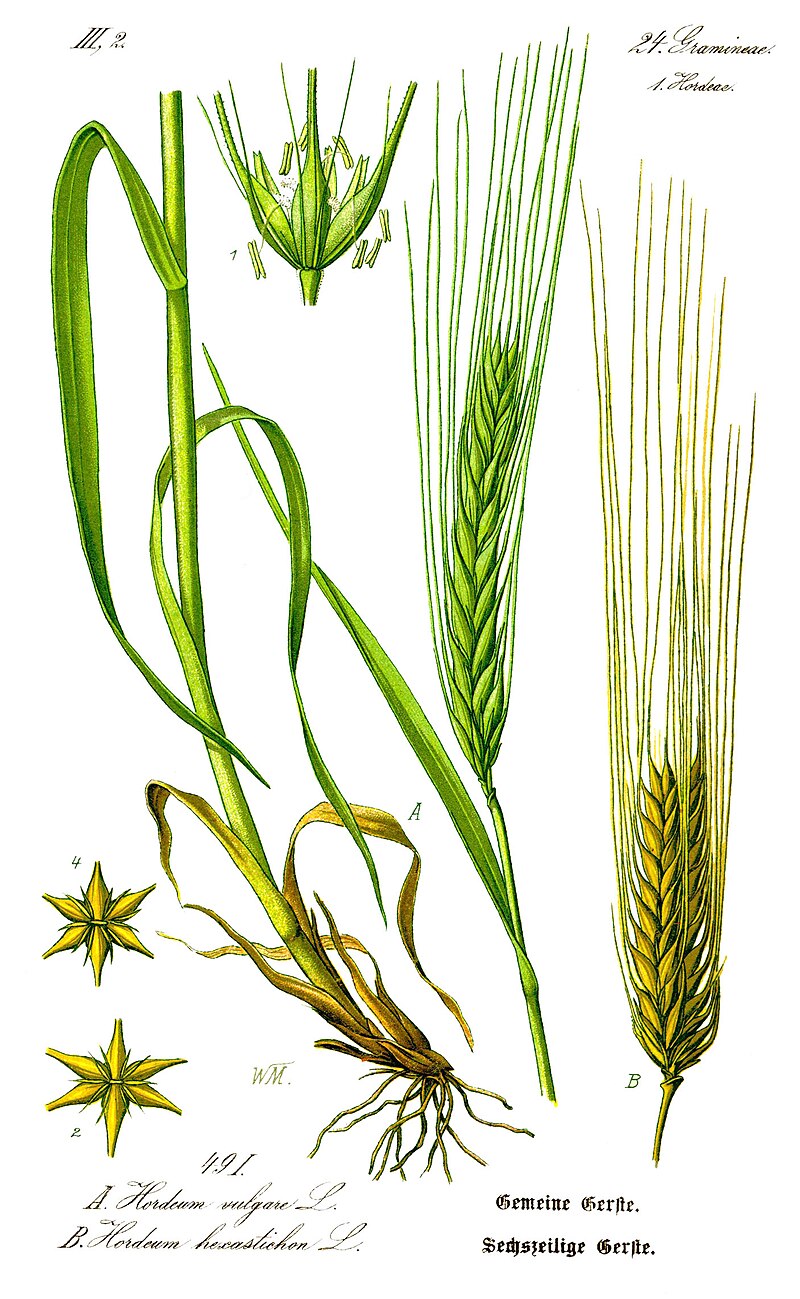Barley (from the Fables of Mkhitar Gosh)

Իբրեւ
ծանեաւճանաչել - to know
գարի, եթէ խոնարհութեամբ հաճոյ եղեւլինել - to be
ցորեան, եղեւ գլխակորեալ եւ խոշորազգեստ, զի յարգոյ եւ նա եղիցիլինել - to be
։ Եւ տեսեալ արքային՝ յանդիմանէյանդիմանել - to scold
մանաւանդ՝ քան թէ մարմին իւր առնէ՝ ասելով, թէ ձեւով միայն խոնարհիսխոնարհիլ - to humble oneself
, իսկ յորովայն մտեալ՝ բազում առնեսառնել - to make (cause)
փքացումն, նշանակ ամբարտաւանութեան։
Զայս յինքեան ունի առակս. զի բազումք գիտելով զխոնարհութիւն գովելի եւ մերձաւոր տեառն, կերպարանեցան լինել, այլ ոչ հոգւով. ուստի խոտին, ոչ ունելով յոգի. քանզի խոնարհութեամբն առաւել եւս ամբարհաւաճեն։
When barley learned that it was through humility that wheat had become pleasing, [barley] grew ashamed and dressed in coarse clothing, so that he too be respected. But when the king saw him, he especially chided him, rather than choosing him, saying: "You are only humble in the externals, but when you enter the stomach, you cause great swelling, a sign of arrogance".
This fable is self-explanatory. For many, knowing that humility is praiseworthy and close to the Lord adopt it outwardly, but not spiritually. Thus they are despised, not having it in [their] souls, since they become yet more haughty of [their] humility.


Comments
Post a Comment